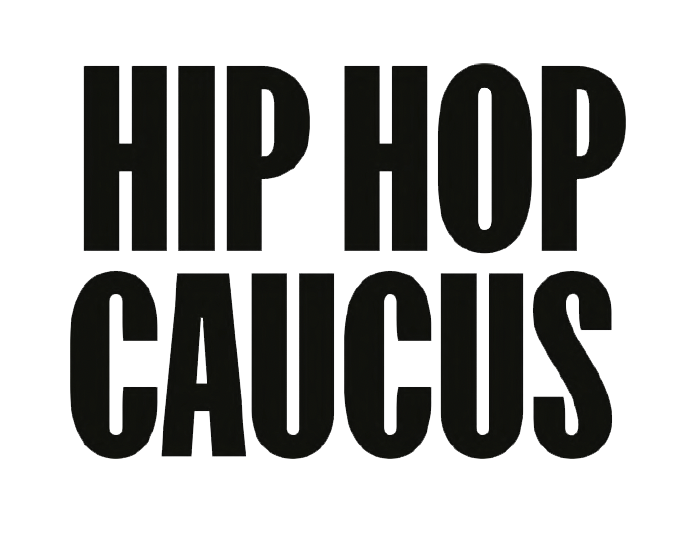We are back with a special 4-part series on transportation justice, trucking, and the climate crisis. In this 4th and final part of this special series, after visiting Long Beach, Kansas City, and Chicago, we now take a national view. And we dive into the question of why and how poor Black and brown people can and can’t move freely within cities and within our country.
Part 4 of the Transportation Series features Darnell Grisby, the Executive Director of TransForm and a national thought leader in transportation policy and the mobility justice movement. Highways are one of the most racist monuments in American history. When we talk about where and how transportation is sited, we must address the legacy of racist policies and practices created to segregate and disenfranchise communities. Transportation justice is about abolishing pollution in communities, it is also very much about the privilege of mobility, and Darnell Grisby expertly breaks it all down for us in this final episode of this special series.
In this special 4-part series we explore transportation challenges and solutions for which dynamic leaders in frontline communities are fighting. Listen to this episode and the other three in this series. We focus on how the larger movement as well as the new administration can take action now to protect and uplift working class Black and brown communities while putting a meaningful dent in our climate pollution emissions. Transportation and warehousing are a fundamental part of the nation’s economy and one of the most significant contributors to the climate crisis. Trucks make up only 4% of vehicles on the road but contribute a baffling 90% of nitrogen oxide and diesel vehicle emissions. We see this reality in neighborhoods near highways, ports, and inland ports across the nation. Racist interstate planning makes Black and brown people most vulnerable to this pollution, elevating cancer risk and lowering life expectancy.
Listen and subscribe here or at TheCoolestShow.com!Follow @Think100Climate and @RevYearwood. #BlackLivesMatter #ClimateJustice #Think100
Podcast: Play in new window | Download
Subscribe:

